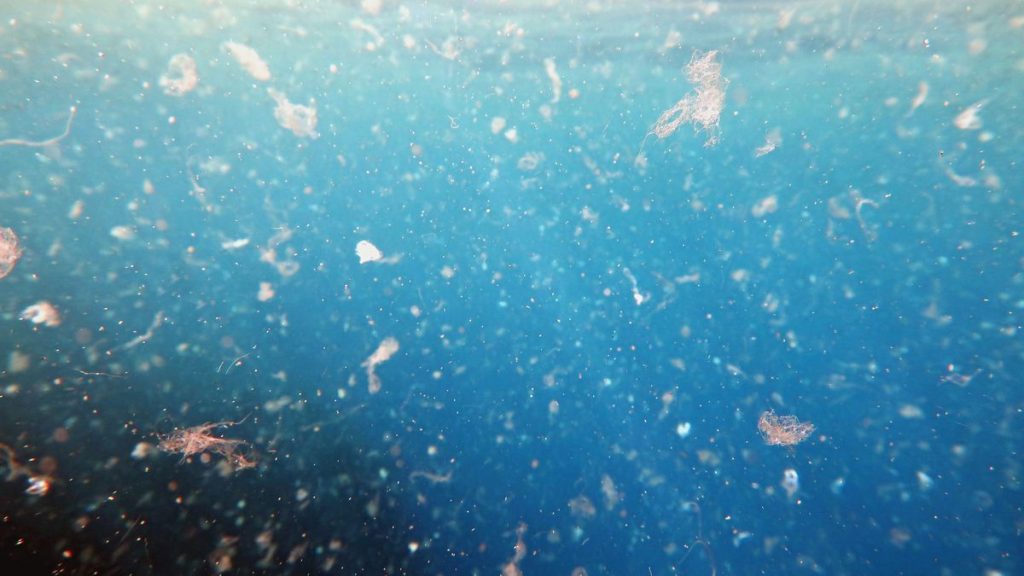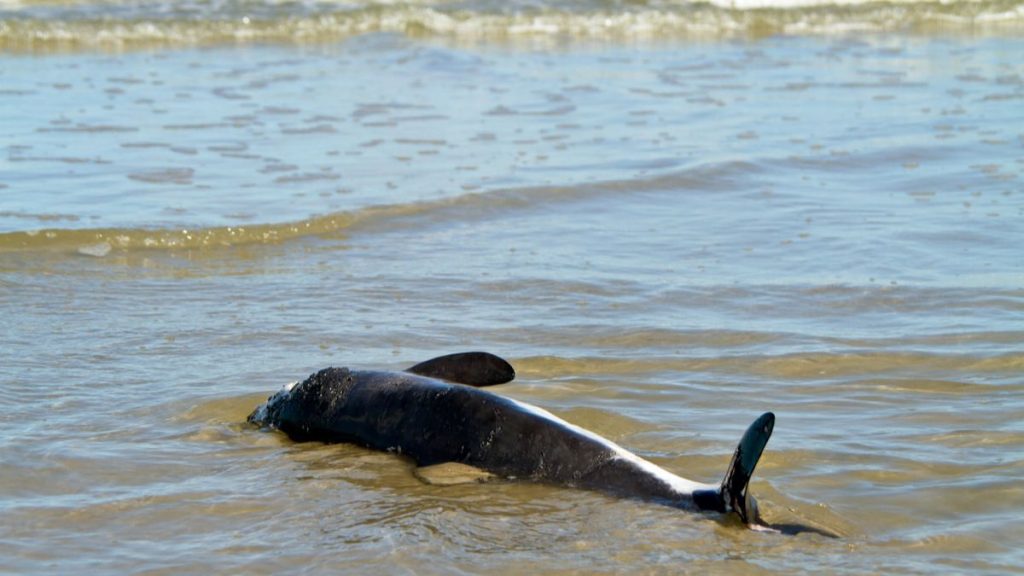New research suggests that exposure to banned industrial chemicals greatly impacts the reproductive capacity of male porpoises living on British coasts, and also harms male fertility.
Insidious pollution
Forbidden at United Kingdom and in most countries of the world since the 1980s, the widespread use of polychlorinated biphenyls (PCB) in previous decades means that these pollutants still enter the waters, accumulate in whales, dolphins and porpoises and substantially impact their reproductive health. While previous work had focused on the effects of these chemicals on female porpoises, this new study recently published in the journal Environment International assessed their impact on the reproductive biology of males.
Coming from different British universities, the specialists involved discovered that the PCB were associated with marked reduction in testicular weights in otherwise healthy animals. ” The population studied has reproduction rates that are half that seen in other less contaminated populations, and we believe that the effects of PCB exposure on male fertility are part of the reason why the rates are so low in the past. within this population », Explain the authors of the study.
According to the team, these results also apply to other cetacean species, including killer whales that accumulate the highest concentrations of PCB and naturally have a low birth rate. In 2016, the autopsy of an orca named Lulu, who was initially thought to have perished after becoming entangled in a net, had highlighted ” shocking levels of PCBs », Substances not only capable of causing the death of adult cetaceans, but also of being transmitted to subsequent generations via breast milk.

Negative effects on human fertility
The authors of the study believe that humans are also threatened by contamination with PCB and the resulting fertility problems. ” Our results are in agreement with those of research carried out on other mammals, which showed that exposure to PCBs inhibited the male reproductive system. »They emphasize. “ In particular, human epidemiological studies have found negative associations between exposure to PCBs, sperm mobility and testosterone levels. “
” There is a growing consensus that exposure to contaminants that disrupt hormonal systems may be partially responsible for the overall decline in male fertility rates that has occurred over the past 50 years. It is therefore imperative that more be done to protect humans and our environment from exposure to these dangerous chemicals. », Concludes the team.

This new study follows alarming research conducted in Germany, having highlighted a decline in porpoise populations in North Sea over the past decades.

